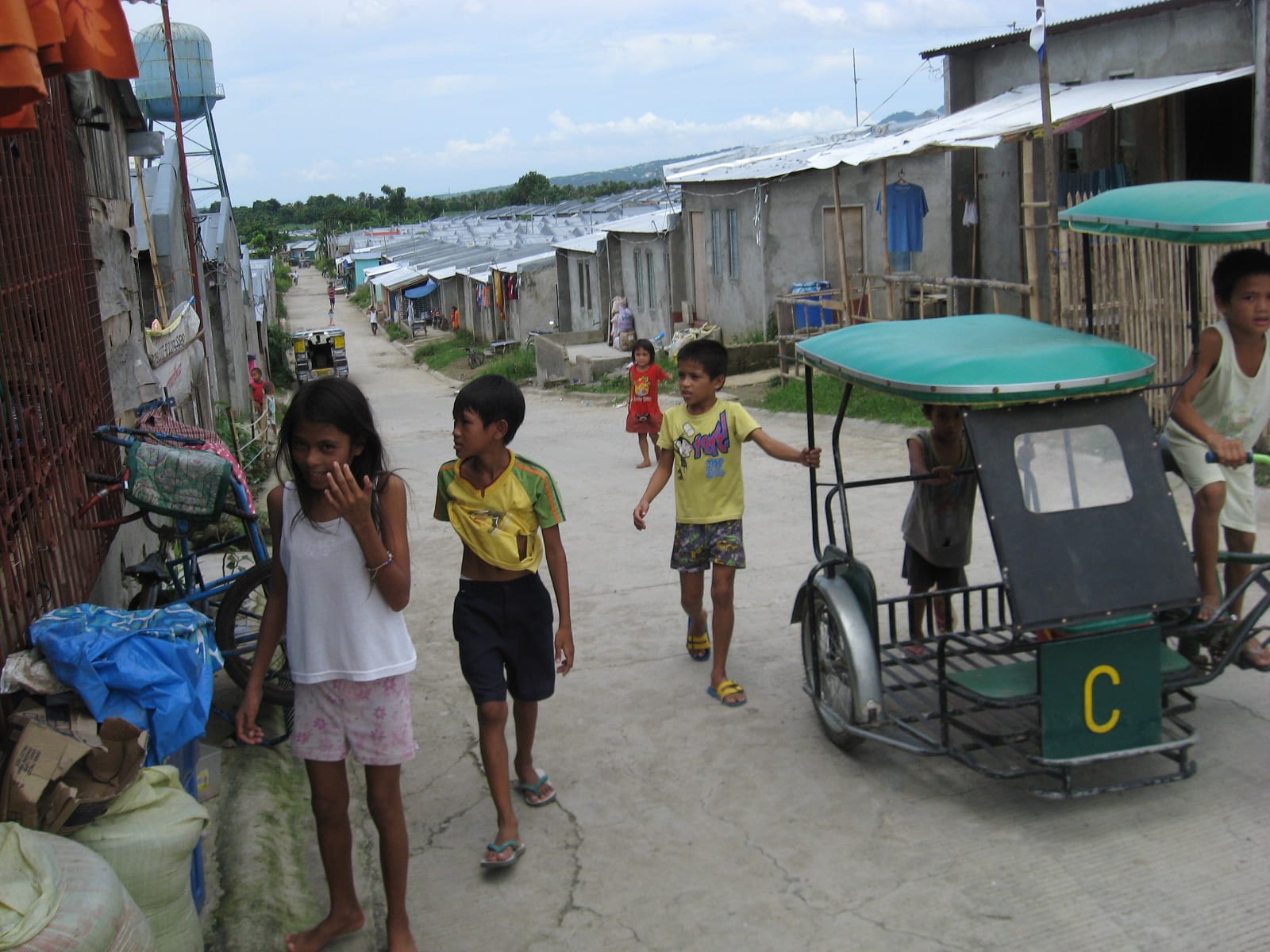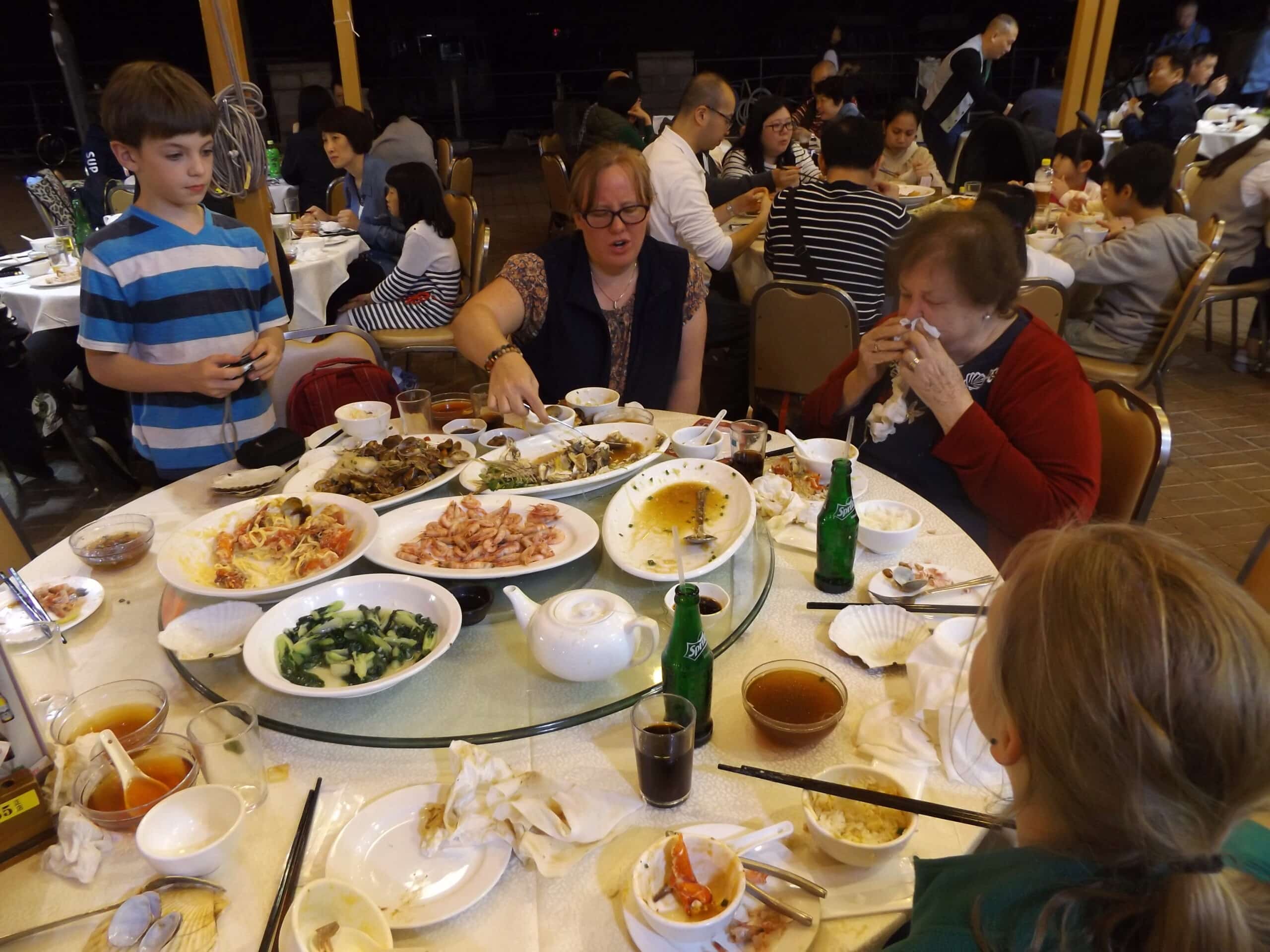“A man’s contentment is in his mind, not in the extent of his possessions. Alexander the Great, with all the world at his feet, cries for another world to conquer.”
– Charles Spurgeon
I recently asked one of my kids what she would like for her birthday. She thought and thought and couldn’t think of anything. Finally, she responded, ‘Maybe you and I could go out for breakfast once a month – that could be my birthday gift.’ I was happy to oblige, and we plan to make this a new routine.
As I reflected on this conversation, my thoughts wandered to my other kids and the things they are wanting in their life these days. A couple of my boys are asking about getting a screen-gadget to play games on (we’re stalling for time on this one). My oldest had asked for a new backpack as his was falling apart. (I scored one on a mom’s selling group for $10!! Yay for re-use/re-cycle community efforts!)
What is my children’s relationship to stuff – the having of it, the wanting of it, the management of it, the pursuit of it?
I also considered their context – what do the friends and classmates around them have and go for? What is my children’s relationship to stuff – the having of it, the wanting of it, the management of it, the pursuit of it? If I were to evaluate where my kids are in relation to things, I’d give them high marks for living in general contentment and lack of persistent, insistent demands.
This is not to say they don’t complain! They do. Plenty. I field complaints about all kinds of things; but so far, it doesn’t have much to do with things they want and don’t have.
I don’t often see behind the scenes of what other families are like, so I don’t have a way to compare, nor do I need to – I am thankful my kids have a good attitude about the things they want and need and seem to have a contentment and patience about their needs. So, I thought I might share some of what I believe may have brought this contentment about.

1. Cultivating Contentment through Conversation and Education
It hasn’t always been easy – my kids are surrounded by wealth and others who have more or better things. Early on they began to pick up on differences in socioeconomic status and would say things like, “I wish we lived in a house like that!” or “I wish we could go on trips like that!” or “So-and-so gets the latest techy gizmos whenever they come out!”
I noticed that these were fair and honest expressions and didn’t disparage them. But I did feel obligated to further their horizons somewhat. We often comment at the dinner table, or when we’re all spending time together, about how we are perhaps the richest family in our town. They balk and say, “How so?”
We explain: “Your Daddy isn’t a slave to his work – he is here every evening with you. You have the privilege of living in a household that has multiple adults present to help you through your life. You have a Grandma who lives with you and helps in the kitchen. Most kids have to do all the kitchen chores themselves! You are so spoiled to have this kind of help!”
We are some of the wealthiest people in the world.
Sometimes they talk about those who have more, and we point out that by living in the place we do, with a comfortable roof over our heads and food on the table each day without fear, we are some of the wealthiest people in the world.
So, cultivating contentment begins with a conversation – and through that, we teach the realities of where we fit in the whole scheme of things.
But conversation isn’t enough.

2. Cultivating Contentment through Modeling
More is caught than taught.
I don’t know exactly what has led to our children’s general contentment, but I do believe the adage, ‘More is caught than taught,’ applies here. I once read a clutter-management book (you wouldn’t know it by looking at our home, though!!) that talked about minimizing what comes into the house.
In my case this would be paper. Being a very literate kind of person – I love words, the written word especially. Consequently, we are easily overrun by paper – books, materials, crafty papers, magazines, papers in general. This book told how people who struggle this way can work to harness and control the paper clutter by doing just a few simple things, especially when it comes to the mail.
I learned how to contact the advertising mailer companies and to be removed from their distribution lists. Those bulky wads of newspaper ads have not been in our mailbox for years. There are a few coupon companies that we still need to unlist from, but by and large we extremely limit the number of commercial papers coming through our door.
My kids don’t often see me looking at ads, discussing what things are available in stores, or even commenting about the things others own. It is generally something we pay little attention to – the content of our conversations usually centers on interesting ideas, good books, funny or dramatic movies/youtube clips, and current events.
Our family typically spend very little time shopping, both online and in stores and we try to stick to purchasing things we need. Our kids, I assume, take their cues from us. When they see differences in how their friends live and interact with novel stuff in their lives, we may discuss it, especially to affirm the freedoms we all have to live as God guides each of us.

A favorite verse in our household is, “God gives us richly all things to enjoy.” We embrace a free view about the variations in lifestyles of those around us, while urging contentment in all things. Some of our kids have friends who have a gaming system they love to play on. We love that they have friends with great gaming systems so our children can go play with them.
In our house things come and go, and when we do not have what our kids desire, we encourage them to be grateful for the opportunities they get to play with others.
We haven’t intentionally modeled this attitude to them – I guess it’s just how we naturally are, and I think children readily adopt the attitudes surrounding them.

3. Cultivating Contentment through Exposure
Ongoing exposure to the broader world has undoubtedly led to our children’s sense of contentment. We found early on that prayer is a powerful way to expose children to the needs of others. During family prayer times we often pray for those serving as missionaries around the world.
We also attend missionary meetings and regularly host missionaries in our home. As a family, we have read through “Window on the World” which highlights a different people group each day in a kid-friendly way. This is partly good for learning geography and world-learning, but especially good for their souls.
Our children have to consider how kids in other places live: the challenges they face, the lifestyles they must deal with. The details of the lives of different cultures expose readers to the reality that while we may live in a land of abundance, where we can trash-pick decent treasures, most in the world don’t have access to the magnitude of stuff we have here.
This is minimal exposure: to simply read or pray or consider others around the world. The best exposure, however, is to take them there or send them there.

4. Cultivating Contentment through Experience
Our oldest child had the opportunity to go to the Philippines when he was 12, and I know this experience had a profound impact on him.
A year ago, he worked and saved until he was able to travel to Zambia to visit family and missionaries we know there and to see up front a different way of life.
Two years ago, I had the opportunity to travel to Hong Kong with my family. In this wealthy city we purposely took some time to visit the homeless and saw how a family of 5 lives in a tiny 300 square-foot apartment. Our children were shocked to learn that this is the norm for most families in Hong Kong.
The good news is you do not have to travel halfway around the world to show your children riches and poverty. There are usually plenty of opportunities close by to expose our kids to diversity in socio-economic status. There are opportunities to reach out, for most of us, just across the street.

A Final Word of Caution
The idea is not to induce guilt-for-having or guilt-for-being, but rather to encourage reflection, gratitude, and contentment.
In seeking to expose our kids and frame their thinking, especially when they get the ‘comparing-itch’, we can become patronizing of those who have less or more than we do. This can lead to a false-pride-false-pity dichotomy. The idea is not to induce guilt-for-having or guilt-for-being, but rather to encourage reflection, gratitude, and contentment.
I want my kids to feel free to come to me with both their needs and wants. I believe it’s a healthy dynamic in a family when a child can honestly open up about anything they wish for or wish against. “I wish I had no brothers!” says one little girl in my house! Open communication helps a parent gauge where a child is in his spirit, but constant comparison to others can become obsessive, overmuch, upsetting, chronic and a burden, if a child grows intensely focused on getting and having.
These are burdens not only for children but also for adults. As we grow in contentment, joy, gratitude, and peace, this will overflow to our kids, and they will know no other way to be.
Let that sink in, and remember to share the journey with your kids.
{{cta(’29f7e1ac-041d-433f-b411-423a8a449be9′,’justifycenter’)}}
{{cta(‘1d62f401-2ba4-4f71-9a55-bdf2f19c1006′,’justifycenter’)}}
